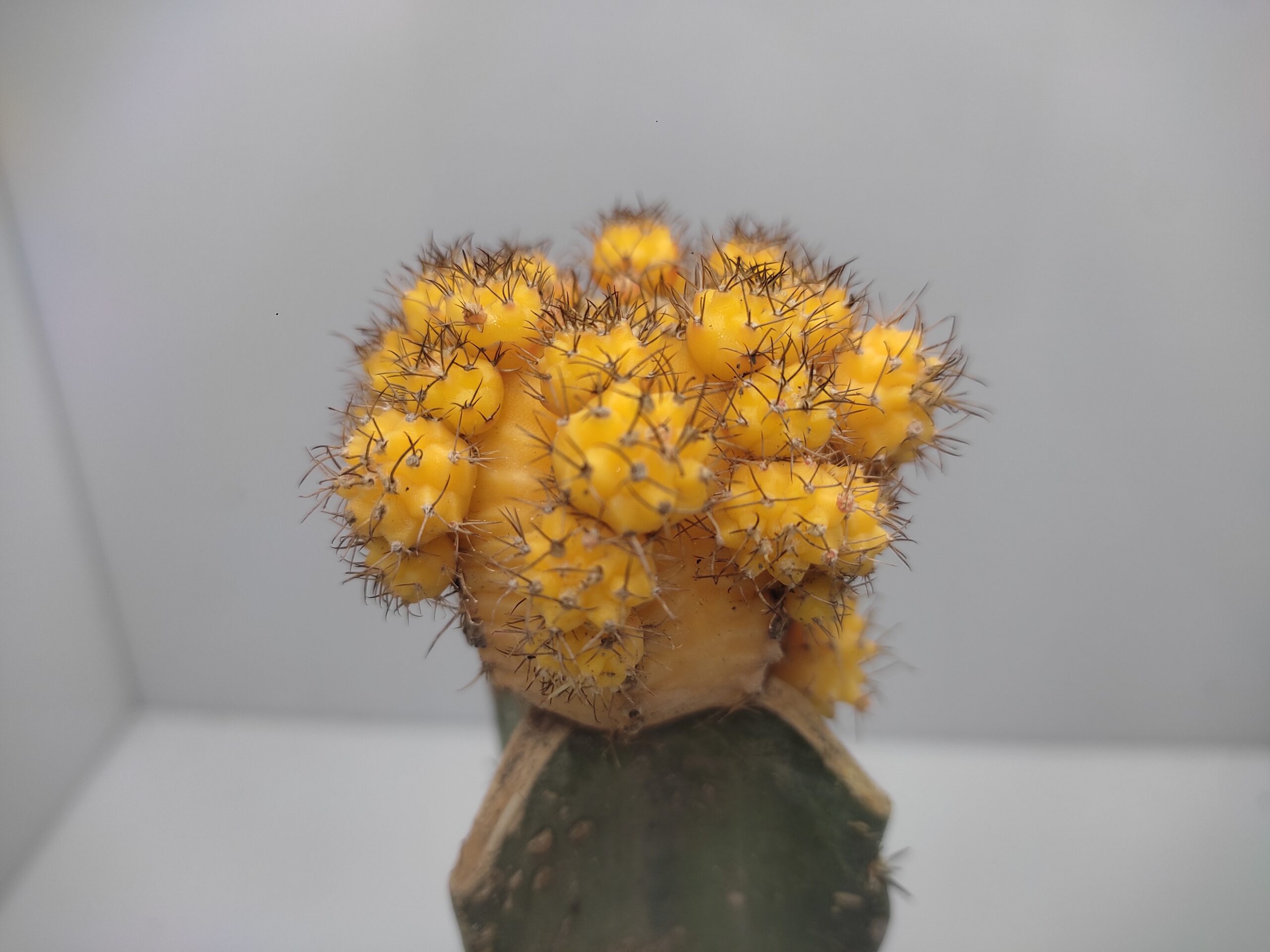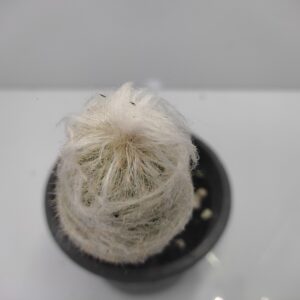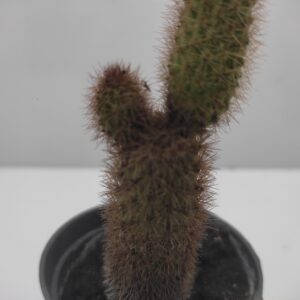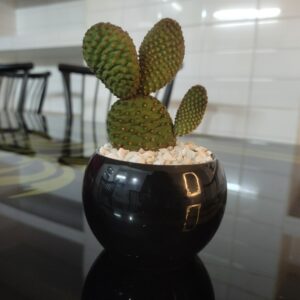**Copiapoa: A Comprehensive Guide to the Unique Cactus**
**Introduction to Copiapoa**
**Copiapoa** is a fascinating genus of cacti native to the arid regions of northern Chile. Known for their striking, spherical shapes and distinctive appearance, these cacti thrive in some of the most inhospitable environments on Earth. With around 30 recognized species, Copiapoa cacti are characterized by their ribbed bodies and spines that can range from soft to extremely sharp.
**Key Features of Copiapoa**
One of the most remarkable aspects of **Copiapoa** is its ability to store water within its fleshy tissues, allowing it to survive long dry spells. The plants typically feature a rounded, cylindrical body with prominent ribs, which can help minimize water loss. The spines vary widely among species, with some displaying beautiful, colorful spines that add to their ornamental value. In late spring and early summer, many Copiapoa species produce stunning yellow or white flowers that bloom from the apex of the plant, attracting pollinators like bees and hummingbirds.
**Growing Conditions and Care for Copiapoa**
To successfully grow **Copiapoa**, it’s essential to replicate their natural habitat. These cacti prefer full sun exposure and well-draining soil, such as a cactus or succulent mix. Watering should be infrequent; allow the soil to dry out completely between watering sessions to prevent root rot.
– **Light**: Full sun for optimal growth.
– **Watering**: Water deeply but infrequently, especially during the growing season.
– **Soil**: Well-draining cactus mix is ideal.
– **Temperature**: Copiapoa thrives in warm temperatures, ideally between 65°F and 80°F.
**Keyphrase SEO Integration:**
– Copiapoa care
– Growing Copiapoa
– Copiapoa species
– Copiapoa flowers
– How to care for Copiapoa
– Copiapoa cacti characteristics
– Copiapoa growing conditions






Reviews
There are no reviews yet.